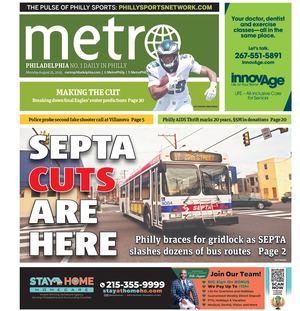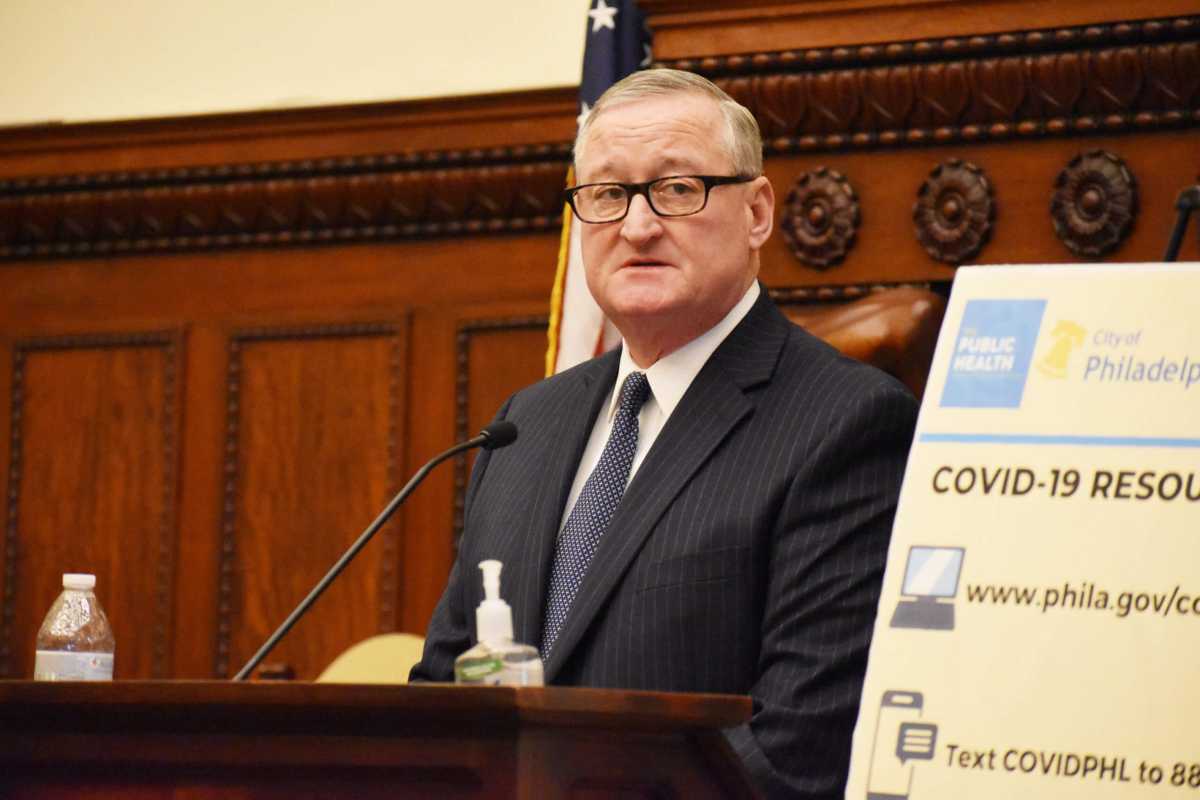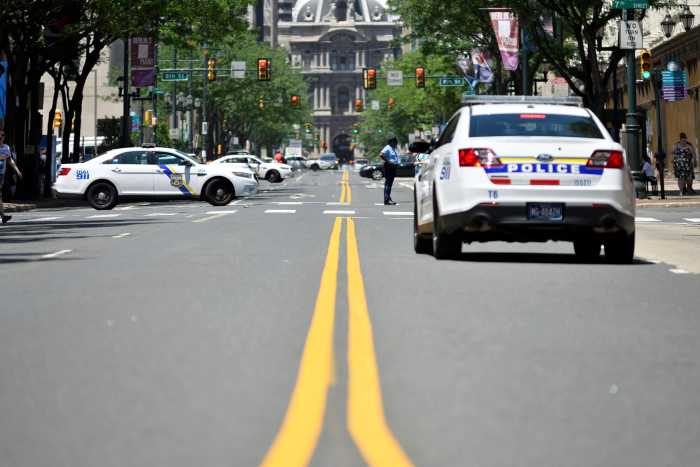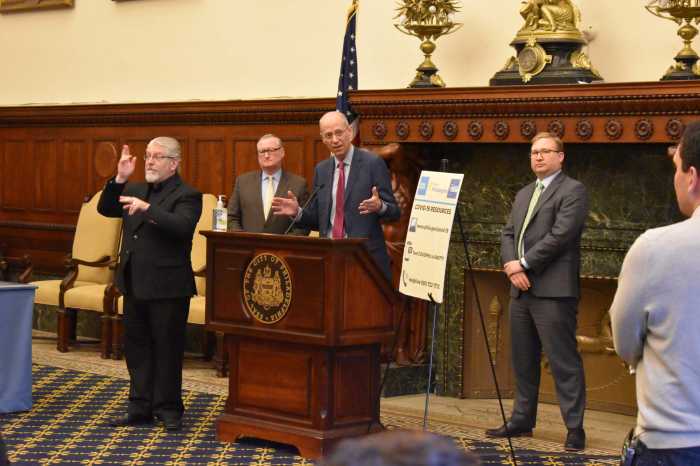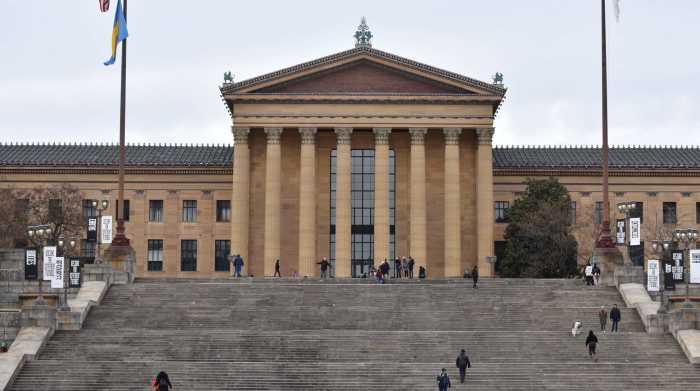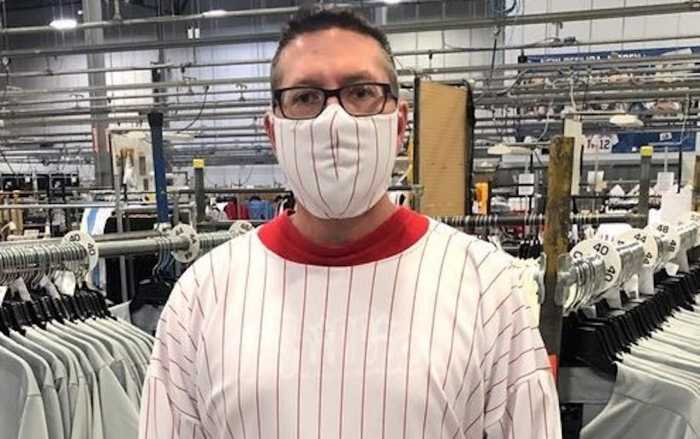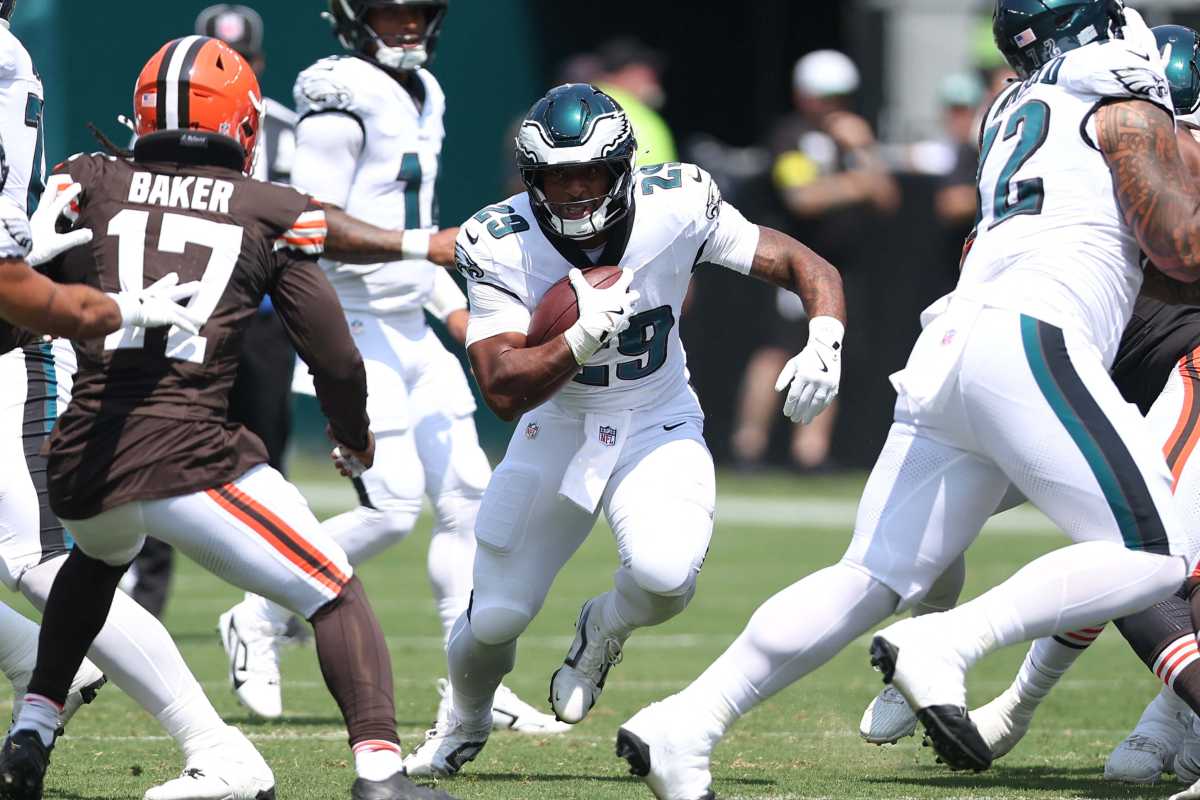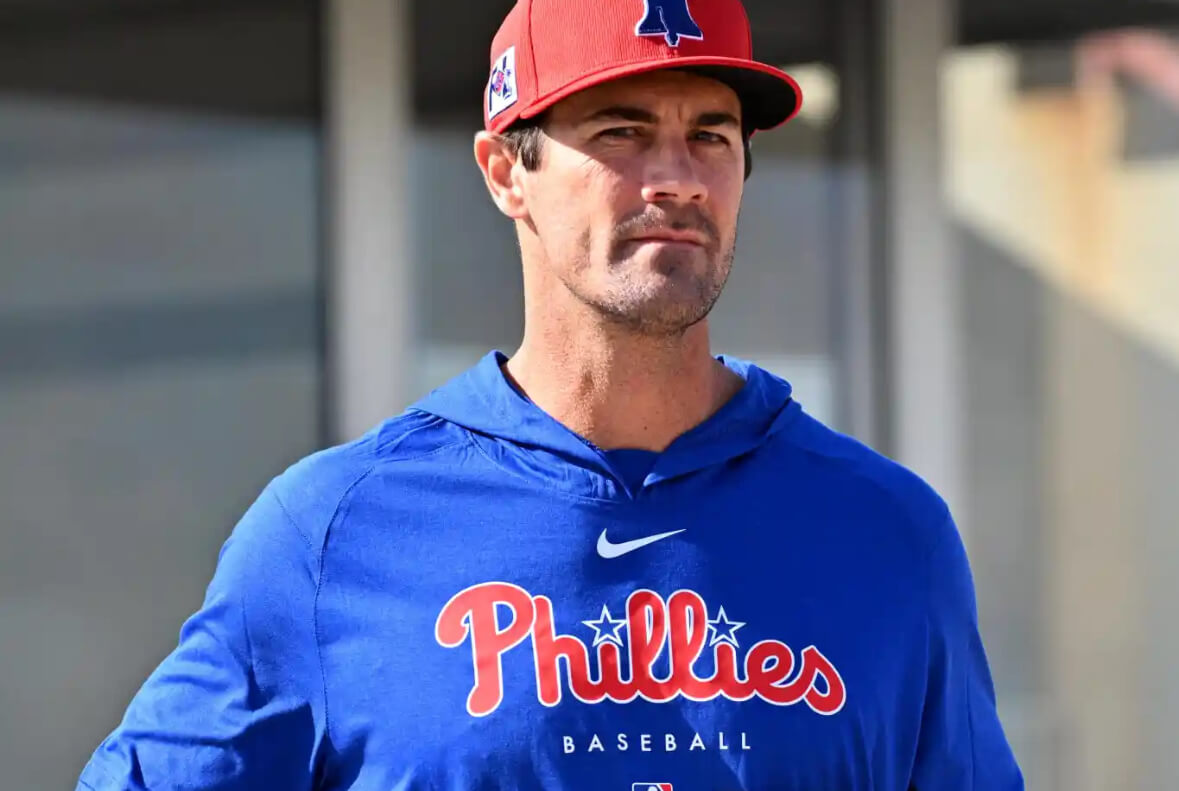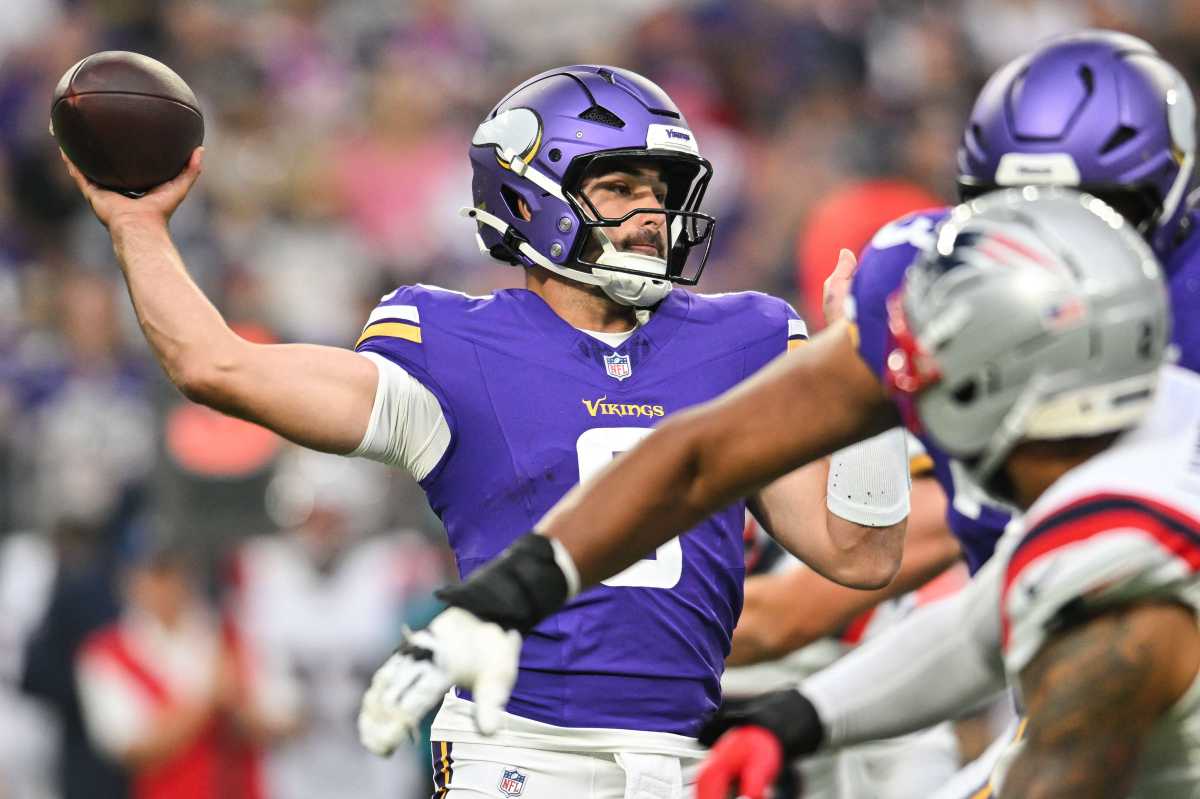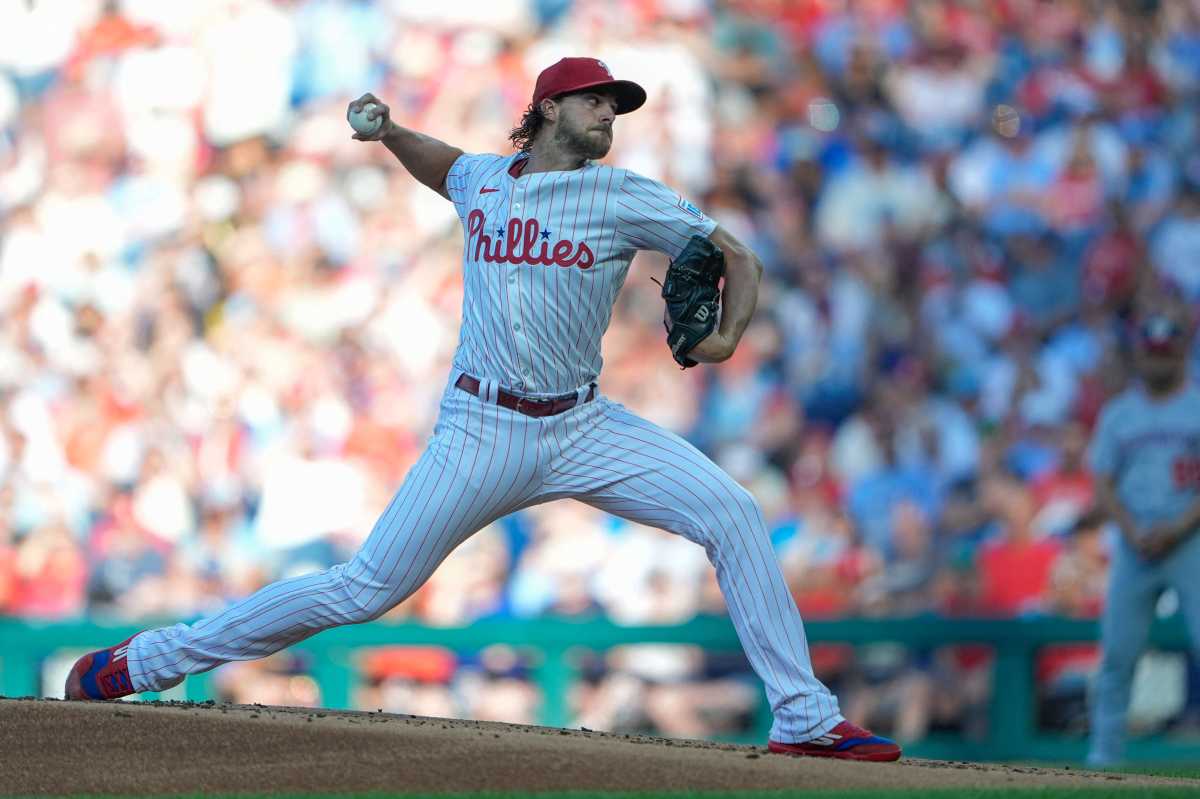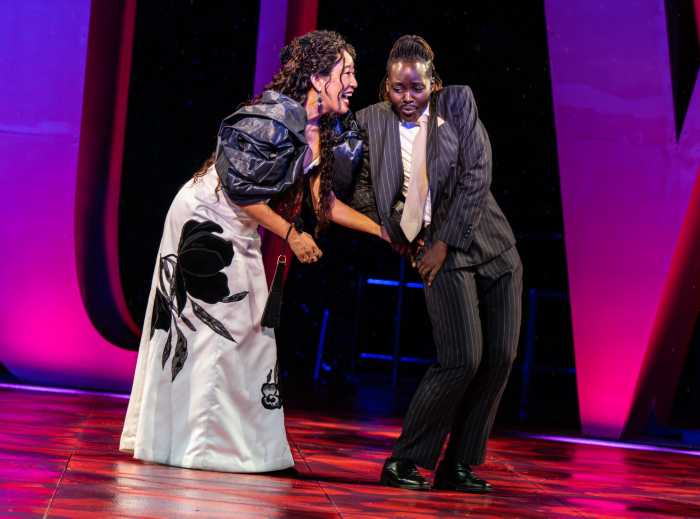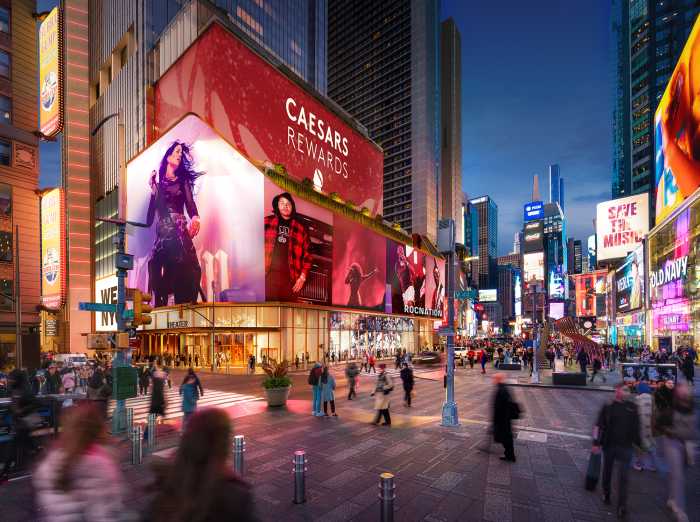Mayor Jim Kenney said life for Philadelphians may never be the same, even after the coronavirus outbreak subsides.
Kenney, as he has previously, pushed back on President Donald Trump’s statements indicating the economy may reopen sooner rather than later.
He said Philadelphia will rely on advice from scientific and medical experts to ease restrictions, and he thinks other large American cities hit hard by the virus will do the same.
“We may never go back to our old life,” Kenney said during his daily press briefing. “We may never go back to where things were just a month or two ago.”
“It’s also not helpful when the White House keeps sending mixed messages that somehow Easter Sunday’s going to rise us all from the dead and that May 1 is some magic day,” he added. “That scares me as much as the virus does.”
Officials reported 42 additional COVID-19-related fatalities Thursday, making it the deadliest day of the outbreak so far. Philadelphia also logged 604 new cases.
However, Health Commissioner Thomas Farley said those numbers might be inflated and that there’s still evidence the spread of the virus is plateauing.
“Today, we received twice as many laboratory reports as we did yesterday,” he said. “So, unfortunately, our laboratory data is coming in batches, which makes it hard for us to really follow the trends.”
Since the beginning of the outbreak, 8,045 city residents have tested positive for the coronavirus, including 100 inmates at city jails, and 264 have died.
Last month, officials announced that Temple University’s Liacouras Center would be transformed into a surge hospital space, and city leaders said Thursday it is now ready to accept patients. Kenney referred to it as a “fully-functioning hospital.”
About a third of hospital beds in Philadelphia and its suburban counties in Pennsylvania remain available, Farley said. However, some hospitals, a minority, he said, are filling up, especially when it comes to intensive care beds.
The city is telling hospitals at or near capacity to first try to transfer patients to other hospitals before sending them to the Liacouras Center. It’s there as a fallback option and may not be used at all, Farley said.
He said he is not aware of any large-scale patient transfers between hospitals as of yet. Officials said there are more than 1,500 people hospitalized with COVID-19 in the area.
The Liacouras Center is being staffed with volunteers, contractors and clinical staff from the U.S. Department of Defense.
Meanwhile, three new emergency meal sites with additional services have been established near City Hall and in Kensington. Though the locations are geared toward the homeless, anyone is welcome.
Lunch is being offered Monday through Friday between 1 and 3 p.m. at the corner of E. Clearfield and Ruth streets, according to the city. The other site, on City Hall’s north apron, will offer grab-and-go lunches weekdays from 11:30 a.m. to 1 p.m.
Project HOME’s Hub of Hope, which operated before the outbreak underground at Suburban Station, is now at Thomas Paine Plaza, near the Municipal Services Building. It’s being run by Muslims Serve and will offer dinner between 4 and 5:30 p.m. Thursday through Monday.
SEPTA participated Thursday in a coordinated nationwide effort to honor transit employees and other essential workers. Operators of trains, buses and trolleys blew their horns to support the campaign, known as #SoundTheHorn.
More than 170 SEPTA workers have tested positive for COVID-19, according to the agency’s website.
